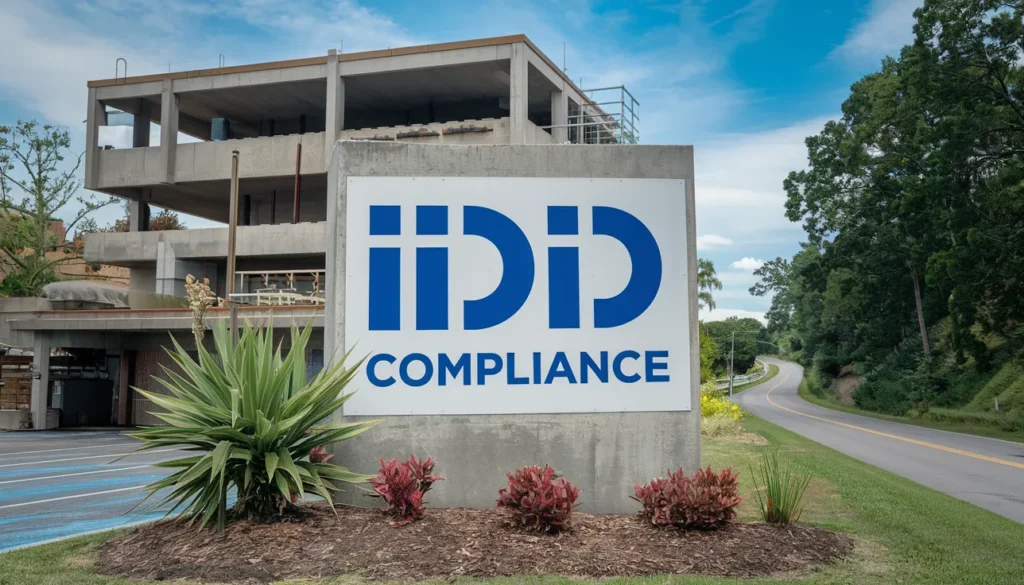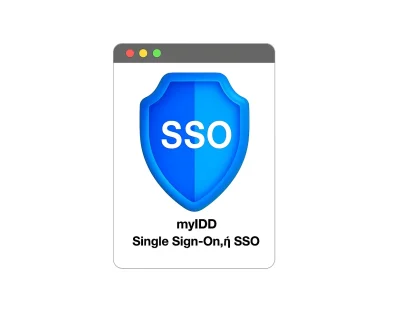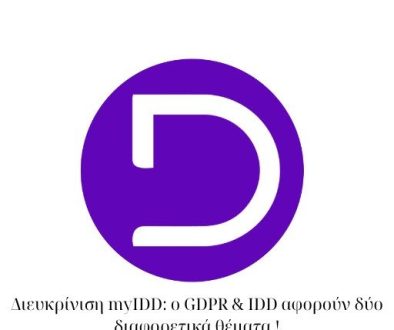IDD compliance: what it is and why it is important for insurance companies
📢 Have you heard about IDD Compliance? If you're in the insurance industry, it's something that must to know! The Insurance Distribution Directive (IDD) has changed the landscape of insurance services in the European Union, but many are still struggling to understand its full implications.
🤔 Wondering why IDD compliance is so critical? Imagine running your business without knowing the rules of the game. The risks are huge - from hefty fines to loss of customer confidence. But don't worry! Understanding and implementing IDD can bring significant benefits to your business.
In this article, we'll explore what the IDD is, why it's so important to insurance companies, and how you can ensure your compliance. We'll cover everything from understanding the basic requirements to best practices for effective implementation. Get ready to unlock the secret to success in the insurance world after IDD! 🔓🚀
Understanding the IDD Directive
Definition and purpose of the IDD
The Insurance Distribution Directive (IDD) is a regulatory framework established by the European Union to harmonise the rules for the distribution of insurance products in all Member States. Its main purpose is to enhance consumer protection and ensure a level playing field between distributors of insurance products.
Basic principles and objectives
IDD's core principles include transparency, professional integrity and the protection of clients' interests. It aims to increase the transparency of product prices and costs, prevent conflicts of interest and improve the suitability of insurance products for customers. In addition, the IDD seeks to strengthen professional qualification requirements for distributors of insurance products.
Implementation timetable
The IDD entered into force on 23 February 2018, replacing the previous Insurance Mediation Directive. EU Member States were required to transpose the provisions of the IDD into their national law by that date. Since then, insurance companies and distributors of insurance products have been required to fully comply with the requirements of the Directive. The implementation of the IDD is an ongoing process, with regulators regularly monitoring and evaluating its effectiveness.
Importance IDD Compliance
Strengthening consumer protection
Compliance with the IDD is vital to enhance consumer protection in the insurance sector. The Directive introduces stricter requirements for transparency and information provision, ensuring that consumers receive clear and accurate information about insurance products.
Improving transparency in the insurance sector
The IDD promotes transparency in the insurance industry by requiring companies to disclose details of fees, commissions and potential conflicts of interest. This builds consumer confidence and improves the overall integrity of the industry.
Harmonisation of practices across the EU
Compliance with the IDD contributes to the harmonisation of insurance practices across the European Union. This creates a fairer and more competitive environment for insurance companies, while facilitating cross-border transactions and business expansion.
Avoiding penalties and fines
Non-compliance with the IDD can lead to serious penalties and fines. Insurance companies that comply with the requirements of the Directive avoid these risks, protecting their reputation and financial stability.
By implementing the requirements of the IDD, insurance companies not only comply with the legislation, but also improve their services and enhance customer confidence. This leads to long-term benefits for the industry as a whole.
Essential compliance requirements
Compliance with the Insurance Products Distribution Directive (IDD) requires insurance companies to follow certain practices. These requirements are aimed at protecting consumers and improving transparency in the insurance industry.
Transparency in pricing and procurement
Companies must provide clear information on the costs of products and the commissions paid by intermediaries. This allows customers to fully understand the financial side of insurance policies.
Staff training and certification
Staff involved in the distribution of insurance products must receive continuous training and hold the necessary certifications. This ensures a high level of professionalism and expertise.
Management of conflicts of interest
Insurance companies must identify and effectively manage any conflicts of interest. This includes establishing procedures to avoid situations that could adversely affect the interests of customers.
Providing appropriate advice to clients
Insurance advisers should provide personalised advice based on the needs and requirements of each client. This ensures that clients receive products that truly meet their needs.
Documentation and archiving
Detailed documentation of all transactions and communications with customers is required. This ensures transparency and allows effective control in case of disputes or complaints.
Implementing these requirements is a challenge for insurance companies, but it is vital to ensure consumer confidence and compliance with the regulatory framework. Next, we will examine the benefits of complying with the IDD.
Benefits of complying with the IDD
Compliance with the Insurance Distribution Directive (IDD) offers multiple benefits to insurance companies, beyond simple compliance with regulations.
Improving corporate reputation
Full compliance with the IDD demonstrates a company's commitment to transparency and ethical practice. This significantly enhances corporate reputation, making the company more trustworthy in the eyes of customers and partners.
Increase customer confidence
IDD's requirements for transparency and clear communication lead to better information for customers. This in turn increases their trust in the company and its products.
Competitive advantage in the market
Companies that effectively implement IDD can differentiate themselves from the competition. Offering high quality services and ensuring consumer protection can attract more customers.
Reduction of legal risks
Compliance with the IDD significantly reduces the risk of legal problems and financial penalties. This protects the company from potential lawsuits and fines, ensuring its long-term stability.
In summary, compliance with the IDD is not just a regulatory obligation, but an opportunity for insurers to improve their operations and strengthen their market position.
Best practices for compliance
Compliance with the Insurance Distribution Directive (IDD) requires a systematic approach and continuous effort. Let's examine the best practices that insurance companies can adopt to ensure effective IDD compliance.
Establishment of a compliance team
Setting up a dedicated compliance team is vital. This team should be composed of professionals with in-depth knowledge of the insurance regulatory framework for insurance companies and insurance consumer protection.
Regular audits and evaluations
Conducting regular audits and assessments is essential to ensure continued compliance with IDD requirements. This helps to identify and address any gaps or weaknesses in the company's processes.
Continuous training and information
Investing in ongoing staff training on IDD requirements and the latest developments in insurance legislation is critical. This ensures that everyone involved fully understands their obligations and IDD implementation challenges.
Cooperation with external consultants
Working with specialist consultants can provide valuable knowledge and support in dealing with complex compliance issues. This external perspective can help develop stronger IDD compliance strategies.
By implementing these best practices, insurers can significantly enhance their IDD compliance, maximizing IDD compliance benefits and ensuring their customers are protected.
Conclusion
The Insurance Distribution Directive (IDD) is a critical regulatory framework for insurance companies. Understanding and complying with the requirements of the IDD is vital to ensure transparency, consumer protection and market integrity. The core compliance requirements and best practices cited provide a solid framework for insurance companies to meet the expectations of regulators and their customers.
The adoption of the principles of IDD is not just a regulatory obligation, but an opportunity for insurers to strengthen their credibility and build long-term trusting relationships with their customers. We urge all insurers to fully embrace compliance with the IDD as this will lead to a fairer, more transparent and efficient insurance environment for the benefit of all stakeholders.






